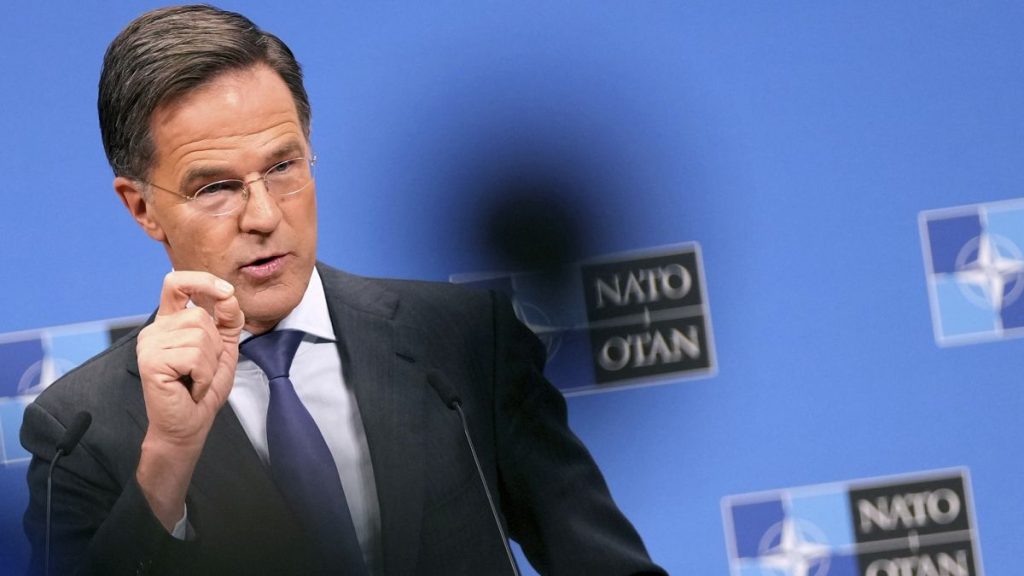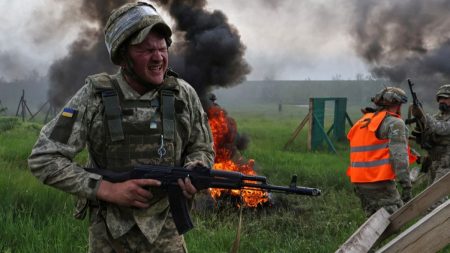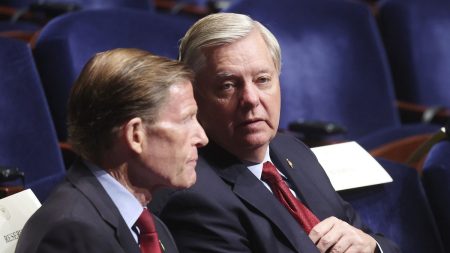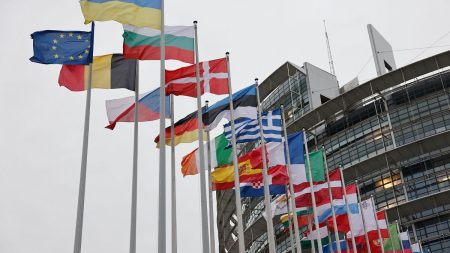The North Atlantic Treaty Organization (NATO), a military alliance comprising 32 nations, is engaged in discussions to elevate its defense spending benchmark beyond the current 2% of GDP target. This push for increased investment comes amidst growing concerns about long-term security challenges, particularly in light of Russia’s aggressive posture and its substantial military expenditures. Former Dutch Prime Minister and prominent voice within the alliance, Mark Rutte, has advocated for a “wartime mindset” and urged citizens to “accept sacrifices” in other sectors like pensions, healthcare, and social security to bolster defense budgets. He emphasizes that maintaining peace and security in the long run requires significant investment, even if it entails difficult choices in the short term. Rutte contends that the present 2% GDP target, while sufficient for immediate security needs, might prove inadequate in the coming years to deter potential adversaries. He warns that failing to enhance defense capabilities could jeopardize the alliance’s ability to safeguard its members from future threats emanating from Russia or other regions.
Rutte’s call for increased defense spending underscores the growing sense of urgency within NATO to adapt to the evolving security landscape. While acknowledging the absence of immediate threats to the alliance, he cautioned that danger is rapidly approaching. He argues that the current geopolitical climate necessitates a proactive approach, focusing on bolstering defense capabilities and adopting a more assertive stance to maintain peace and stability. This perspective reflects a shift in thinking within the alliance, moving away from a reactive approach to security towards a more proactive and preventative one.
The proposal to increase defense spending raises critical questions about resource allocation and public priorities. Rutte suggests that European nations, which allocate a significant portion of their national income to social security programs, have the fiscal capacity to redirect a small fraction of these resources towards defense without significantly impacting social welfare. He acknowledges the potential political risks associated with such a move but stresses its long-term necessity. This raises the debate on balancing social welfare with security needs, a complex issue with significant implications for public policy and political discourse.
Central to Rutte’s argument is the need for public engagement and support for increased defense spending. He believes a public debate on this crucial issue is not only fair but also essential for informed decision-making. He encourages citizens to communicate their support for increased defense budgets to their elected officials, even if it means prioritizing defense over other areas. This emphasis on public discourse reflects the democratic values underpinning the alliance and the importance of citizen engagement in shaping security policy.
Furthermore, Rutte challenges the reluctance of some financial institutions to invest in the defense industry. He argues that investing in defense is fundamentally an investment in security and should not be equated with investments in illicit activities. He calls on citizens to pressure banks and pension funds to reconsider their stance on defense investments, recognizing their vital role in safeguarding national security. This call for greater private sector involvement in defense reflects the growing complexity of security challenges and the need for diverse funding sources beyond government budgets.
The discussions within NATO regarding an increased defense spending benchmark are occurring against a backdrop of escalating global tensions and heightened security concerns. Russia’s commitment to significantly increase its military spending, coupled with the United Kingdom’s move towards a 2.5% GDP target, has prompted other European nations to explore ways to enhance their defense capabilities. The European Union is actively considering various options, including issuing defense bonds, reallocating funds from other programs, and repurposing unused resources, to bolster its collective defense efforts. This reflects a growing recognition of the need for greater European cooperation on defense matters, particularly in light of the evolving security environment. The European Investment Bank’s recent decision to increase funding for dual-use security and defense systems, although modest compared to its green financing initiatives, signals a growing awareness of the importance of defense investments. However, concerns remain about the adequacy of these investments in the face of mounting security challenges. The fact that several NATO members, including prominent EU countries, have yet to reach the existing 2% GDP benchmark underscores the ongoing challenges in prioritizing defense spending.










